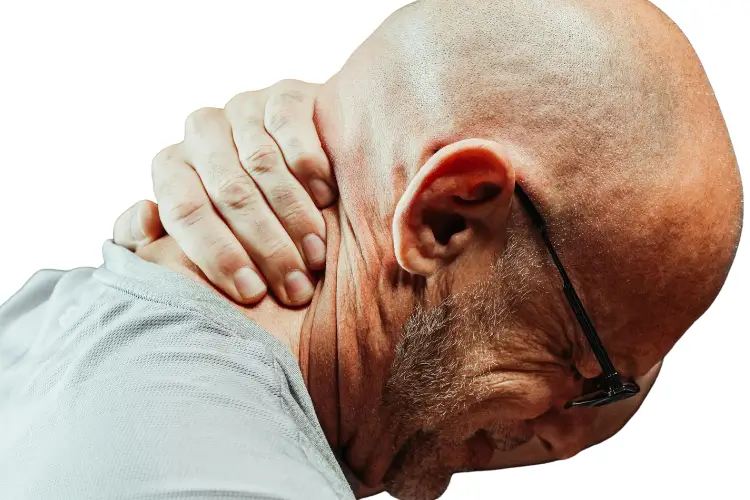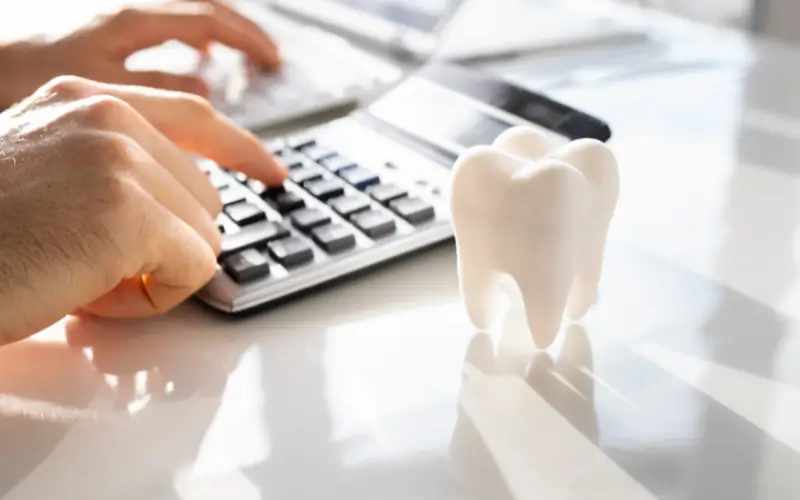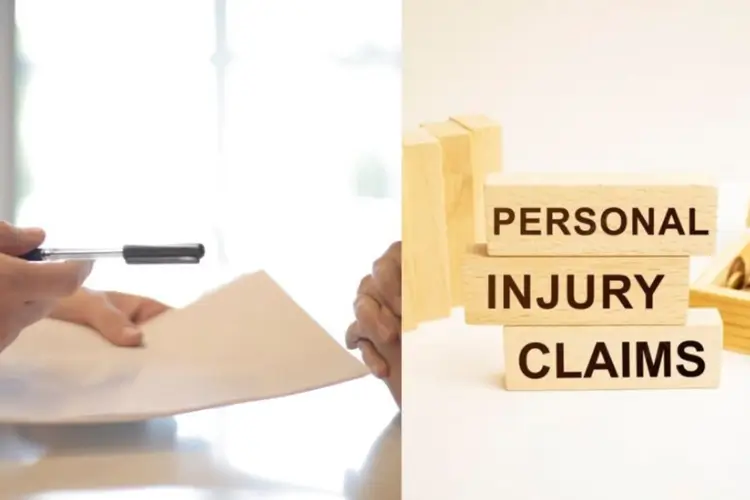Healing an injury calls for more than just physical recovery. It involves taking control of your health, guaranteeing appropriate medical treatment, and making sure your legal and financial needs are satisfied. Along the way, several difficulties surface, from managing legal affairs and insurance claims to negotiating healthcare systems. Without a proactive strategy, important resources may be overlooked, and rehabilitation can get more taxing than necessary. Knowing the greatest strategies for advocating for yourself guarantees that you will have the help required to restore stability and move forward with confidence.
Prioritizing Medical Treatment and Long-Term Health
Seeking quick medical attention following an injury guarantees the correct diagnosis and treatment of your condition. Early attention avoids complications, accelerates healing, and offers evidence of your injuries— which is necessary for any legal or financial claim. Following medical advice, attending follow-up visits, and following recommended treatments help you show dedication to your well-being and boost your recovery process. Long-term health management is as crucial as initial treatment. Some injuries have long-lasting repercussions and call for either continuous therapy, rehabilitation, or lifestyle changes. Maintaining constant care requires you to keep track of symptoms, track development, and contact healthcare providers. Promoting extra examinations or alternative therapy helps prevent long-term issues and supports a complete recovery if a treatment plan does not seem effective.
Understanding Insurance and Financial Responsibilities
After an injury, medical bills and lost income cause financial strains; thus, it is imperative to know your insurance coverage and financial choices. Although workers’ compensation, disability benefits, and health insurance may pay costs, policies can include restrictions that need review. Correct and timely submission of claims helps to avoid needless denials and delays in receiving benefits. Beyond medical fees, expenses connected to an injury can cover rehabilitation, assistive devices, and lifestyle changes. Investigating all of the financial resources at hand—government aid, company perks, or settlement claims—helps to preserve stability. In navigating these complex systems, it can also help to understand ‘What is a patient advocate?‘, as they can support communication with healthcare providers and insurance representatives. Maintaining thorough records of conversations with insurance companies, treatment plans, and expenses guarantees that you will be able to advocate for the compensation and support you need.
Documenting Everything for Legal and Personal Protection
Keeping thorough records helps you to be more suited for advocating your recovery. Medical records, receipts, prescriptions, and correspondence with insurance companies all offer a comprehensive picture of your condition and spending. Good documentation guarantees that you have all the required information when pursuing compensation, supports claims, and helps to avoid conflicts. Negligent or accident-related injuries call for additional evidence of responsibility. If legal action becomes necessary, witness accounts, pictures, police reports, and medical exams assist in creating a strong case. In any legal or financial conversation, organized and well-kept records make it easier to provide evidence, demonstrate the impact of damage, and defend your rights.
Seeking Professional Support for Legal Matters
Legal complexity often arises after an injury, particularly in cases where another person bears liability for the damage done. Knowing your rights and the legal choices open guarantees you equitable treatment and compensation. Professional legal advice helps to avoid unjust settlements when insurance companies or liable parties attempt to minimize payouts. When dealing with vehicle-related injuries and claims, consulting with a Santa Maria car accident lawyer or one in your area can be beneficial. To get appropriate pay for medical expenses, lost income, and long-term losses, lawyers evaluate cases, compile evidence, and negotiate settlements. Getting legal help guarantees that all required actions are completed, deadlines are satisfied, and your case is properly presented, therefore lowering stress and raising the possibility of a positive result.
Building a Strong Support System for Emotional and Physical Recovery
Healing from an injury influences emotional and mental well-being in addition to being a physical process. Surrounding yourself with professionals and family and encouraging friends lay a strong basis for rehabilitation. While professional counseling or therapy offers further coping mechanisms when needed, emotional support from loved ones helps control stress and preserve a good attitude. Participating in wellness activities, physical therapy, and rehabilitation programs builds mental as well as physical strength. Speaking with support groups or people who have suffered comparable injuries gives motivation and useful guidance. By stressing both mental and physical health and keeping a balanced approach to recovery, one guarantees a smoother transition back to daily life and long-term well-being.
Conclusion
Promoting your recovery calls for active participation in medical treatment, knowledge of legal and financial rights, and the development of a support network. You can guarantee that your road to recovery is clear and successful by being well-informed, maintaining careful records, and, when necessary, consulting professionals. Taking control of the situation allows you to regain your independence, protect your health, and move forward with confidence.




